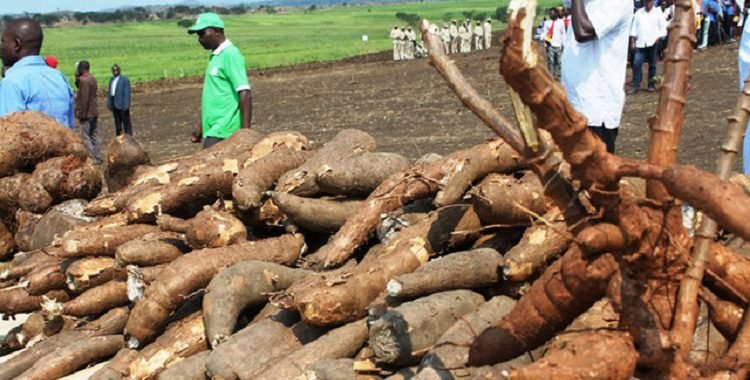In a statement, to which VerAngola had access, the Ministry of Health says it has become aware, "through its epidemiological surveillance system, of the entry into some health units of cases of food poisoning, with signs similar to 'Konzo disease', with two cases unfortunately resulting in death".
In this way, the guardianship warns the entire population to adopt preventive behaviors, including not eating raw cassava, ginguba, sweet potatoes and reindeer potatoes.
"Do not eat raw, under any circumstances, cassava, ginguba, reindeer or sweet potatoes. These foods should be washed in hot water before cooking or frying and only then consumed", it advises.
According to the ministry, "cassava to be consumed roasted, cooked or fried must be boiled in boiling water for at least 50 minutes", while cassava "for the crueira (or bombó for flour, cornmeal or other purposes) must be soaked in at least three waters before being left to dry".
The ministry also warns that the water used in preparing cassava for the crueira should be thrown away and should not be "reused to make 'kissângwa' or 'quimbombo' for home consumption".
"The cassava leaves (kizaca, eswanga, sacafolha, etc.) or the tops of sweet potatoes must be soaked in hot water before cooking. They must be cooked for at least 25-30 minutes in boiling water", the ministry also warns.
In general, the note states, "all vegetables that are eaten raw should first be carefully washed with boiled water or treated with five drops of bleach per litre".
Another piece of advice is to wash your hands thoroughly with soap and water before preparing meals and before eating food.
"Avoid eating cassava, sweet potatoes or vegetables of unknown origin or from unreliable sources", is another recommendation made by the Ministry of Health, which also warns of "special care with children, as they are more vulnerable to the harmful effects of food poisoning".
According to the Ministry of Health, this poisoning "affects the structures responsible for the body's muscular strength (the neurons of the corticospinal tract)", and occurs due to "the ingestion of chemical substances present in pesticides, insecticides, or cyanogenic compounds (cyanide) found in cassava and cassava leaves".
Symptoms include abdominal pain, vomiting, severe headache, dizziness, speech disorders, difficulty and imbalance in walking.







